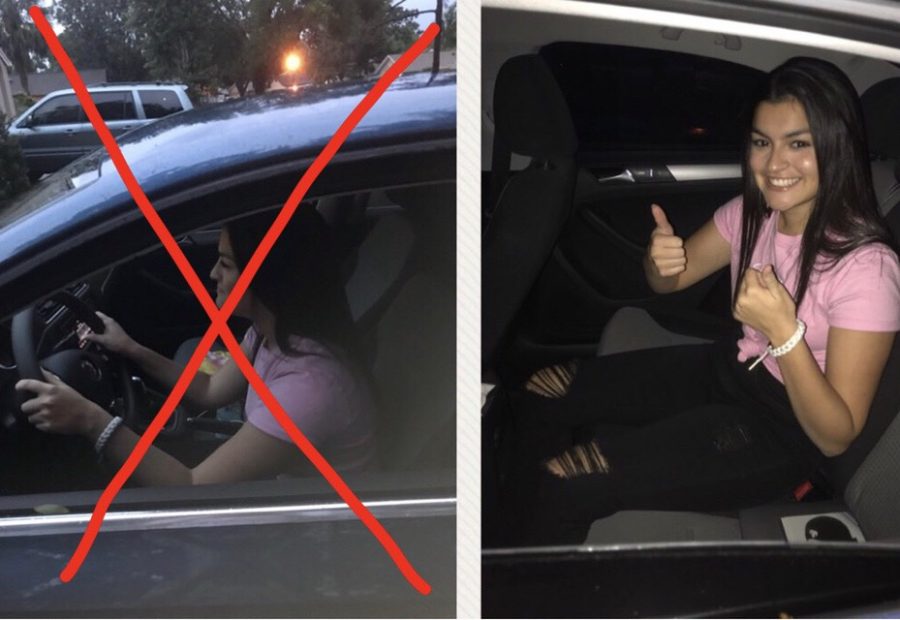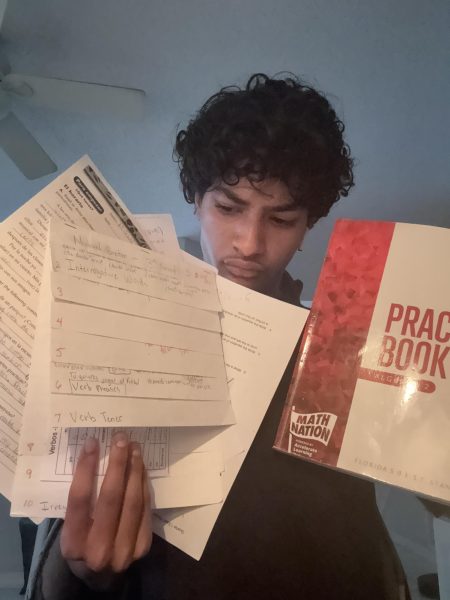What Makes a Teen?
April 13, 2018
Everyone likes to be independent, but at what point does independence become adulthood? Sophomore year, most teens start driving; junior year, most teens start working; and senior year, teens become legal adults and prepare to go off to college. This is the natural order of life, and always has been; but as teens become more and more reliant on parents at later ages like 21 and 22, there has been a steady rise in what people consider a full-fledged “adult”.
Junior Rashelle Toro said “My dream school is the University of Central Florida. Not just because it’s close, even though that is something nice about it; I just really love the environment and atmosphere there. They offer a ton of opportunities, and there are plenty of ways to get involved and meet people. Being a knight is most definitely my first choice!” UCF really is a great option for LMHS students who want to stay close to home, but there are tons of students who come into our home of central Florida to attend a school that they deem “far away enough” from their hometown. Distance, in the case of universities, however, doesn’t always equal complete and total independence. In 2005, 50% of all undergraduate students held some sort of job outside of attending classes. In 2015, that number dropped to 43%. Less and less students are taking up jobs while in school, and this could partly be due to the increasing rigor of the college curriculum. And if the students doesn’t have time outside of class to work and pay for their own things, who do they rely on? Their parents.
It’s not just college kids, either; some teenagers in high school have opted out of so called acts of independence not because they don’t wish for independence itself, but because they just don’t feel the need to. Some students have even refrained from driving, such as Junior Isabela Schmitt who said, “I personally haven’t even gotten my license yet, and I don’t plan to in the next year or so. I don’t think that really makes me any less independent in what I can do for myself, but I do have to rely on people to drive me here and there. It’s never a big deal though.” Convenience is everything; why drive when it is so easy to have reliable transport to places?
A cut in the number of teens getting their license at 16 doesn’t make for a great outlook for the next generation. Because less and less kids are taking advantage of the opportunity, it is likely that laws may be enacted soon enough that ups the age you gain eligibility to even have a license. In 50 years our high school grandkids may not have the option to drive to school, not because they don’t want to, but because they actually can’t! The possibility of such as law is controversial, though, because the great amount of freedom driving gives teens can be seen as a positive or a negative.
18 doesn’t cut it anymore; next time a friend or someone you know turns 18, just know that the extent to which that age will come into play when allowing them freedom is far too limited. As more and more our generation turns away from employment and driving, even the psychologists have made a new term to describe the epidemic of the teenage loss of independence: its called emerging adulthood, and its not necessarily a bad thing, but its not a good thing either.







